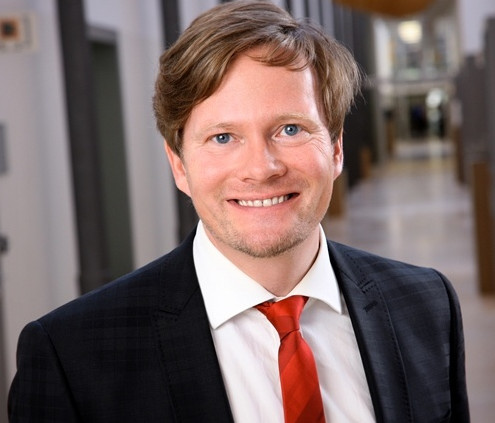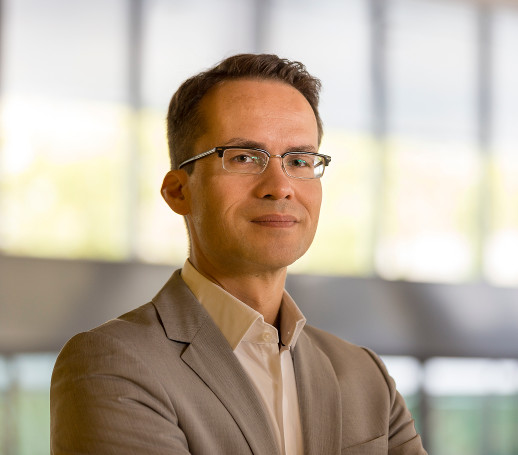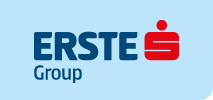|
Session
|
Time
|
Authors
|
Title
|
|
Process Execution
|
MON, 3 Oct, 9h -
10h30
|
Daniel Lübke and
Tammo van Lessen
|
Modeling Test Cases
in BPMN for Behavior-Driven Development
|
|
|
|
Dirk Fahland, Xixi
Lu, Marijn Nagelkerke and Dennis van de Wiel
|
Discovering
Interacting Artifacts from ERP Systems
|
|
|
|
Thomas Wagner and
Daniel Moldt
|
Revisiting Workflow
Interactions for Petri Net-Based Agents
|
|
|
|
Dirk Fahland, Andreas
Meyer, Pufahl Luise, Kimon Batoulis and Mathias Weske
|
Automating Data
Exchange in Process Choreographies
|
|
|
Coffee Break
|
|
|
|
PhD Research
Proposals
|
MON, 3 Oct, 11h -
12h30
|
Nicolas Pflanzl
|
Gameful Business
Process Modeling
|
|
|
|
Alexander Herwix
|
A Game Theoretic
Perspective on Business Processes
|
|
|
|
Philipp Waibel
|
Elastic Process
Optimization and Scheduling in the Cloud
|
|
|
Lunch Break
|
|
|
|
Modeling &
Specification
|
MON, 3 Oct, 13h30 -
15h30
|
Dora Ori
|
Towards Detecting Misalignment Symptoms: An Alignment Perspective-Driven Architecture-Matching Framework
|
|
|
|
Henrik Leopold, Jan
Mendling and Oliver Günther
|
Learning from Quality
Issues of BPMN Models from Industry
|
|
|
|
Judith Michael and
Heinrich C. Mayr
|
The Process of
Creating a Domain Specific Modelling Method
|
|
|
|
Michael Fellmann,
Novica Zarvic, Dirk Metzger and Agnes Koschmider
|
Requirements Catalog
for Business Process Modeling Recommender Systems
|
|
|
|
Chiara Di
Francescomarino, Chiara Ghidini and Marco Rospocher
|
Evaluating Wiki
Collaborative Features in Ontology Authoring
|
|
|
Coffee Break
|
|
|
|
Compliance
|
MON, 3 Oct, 16h -
17h30
|
David Knuplesch and
Manfred Reichert
|
A Visual Language for
Modeling Multiple Perspectives of Business Process Compliance
Rules
|
|
|
|
Claudio Di Ciccio,
Han van der Aa, Cristina Cabanillas, Jan Mendling and Johannes
Prescher
|
Detecting Flight
Trajectory Anomalies and Predicting Diversions in Freight
Transportation
|
|
|
|
Michael Fellmann and
Andrea Zasada
|
State-of-the-art of
Business Process Compliance Approaches: A Survey
|
|
|
|
Christoph Czepa, Huy
Tran, Uwe Zdun, Thanh Tran, Erhard Weiss and Christoph Ruhsam
|
Plausibility Checking
of Formal Business Process Specifications in Linear Temporal
Logic
|
|
|
MON, 3 Oct, 17h30 -
19h
|
Leitungsgremium EMISA
|
Sitzung des
Leitungsgremiums
|
|
|
MON, 3 Oct, 19h
|
All participants
|
Dinner Schweizerhaus
im Prater Wien
|
|
Process Analysis
& Design
|
TUE, 4 Oct, 9h -
10h30
|
Stefan Schönig,
Cristina Cabanillas, Stefan Jablonski and Jan Mendling
|
A Framework for
Efficiently Mining the Organisational Perspective of Business
Processes
|
|
|
|
Arik Senderovich,
Matthias Weidlich, Liron Yedidsion, Avigdor Gal, Avishai
Mandelbaum, Sarah Kadish, Craig A. Bunnell
|
Conformance Checking
and Performance Improvement in Scheduled Processes: A
Queueing-Network Perspective
|
|
|
|
Kathrin Figl and Jan
Recker
|
Process Innovation as
Creative Problem-Solving: An Experimental Study of Textual
Descriptions and Diagrams
|
|
|
|
Agnes Koschmider and
Stefanie Speidel
|
Predictive Behavior
Analysis for Smart Environments
|
|
|
Coffee Break
|
|
|
|
Alignment
|
TUE, 4 Oct, 11h -
12h30
|
Alexander Nolte, Eike Bernhard, Jan Recker, Fabian Pittke and Jan Mendling
|
Repeated Use of Process Models: The Impact of Artifact, Technological and Individual Factors
|
|
|
|
Boudewijn Van Dongen,
Josep Carmona and Thomas Chatain
|
Alignment-based
Quality Metrics in Conformance Checking
|
|
|
|
Andreas Rogge-Solti,
Arik Senderovich, Matthias Weidlich, Jan Mendling and Avigdor
Gal
|
In Log and Model We
Trust?
|
|
|
|
Thomas Reschenhofer,
Manoj Bhat, Adrian Hernandez-Mendez and Florian Matthes
|
Lessons Learned in
Aligning Data and Model Evolution in Collaborative Information
Systems
|
|
|
Lunch Break
|
|
|
|
Keynotes
|
TUE, 4 Oct, 13h30 -
14h30
|
Jan vom Brocke
|
10 Principles of Good
Business Process Management (Keynote)
|
|
|
TUE, 4 Oct, 14h30 -
15h30
|
Hajo A. Reijers
|
Measuring the
Organizational Impact of IT Innovations (Keynote)
|
|
|
Coffee Break
|
|
|
|
Panel
|
TUE, 4 Oct, 16h -
17h30
|
To be announced
|
|




